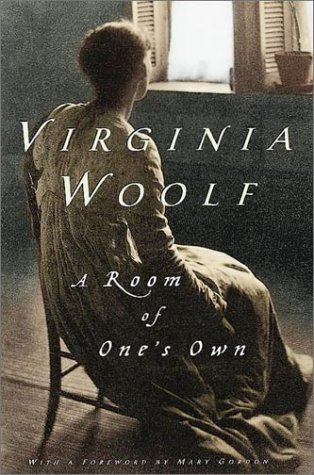 |
| (Virginia Woolf: source) |
 |
| (source) |
Woolf’s main argument is that a woman needs a room of her own to write. Not in the literal sense. Well, maybe, if that’s where she likes to write, but metaphorically, Woolf is referring to protecting the love of your work and the ability to give it time and care. Independence, in whatever form it may be, financial, emotional, etc., can be beneficial to generating creative work. However, Woolf is aware that not everyone has the privilege of this sort of independence.
A famous example from this essay illustrating this point starts when Woolf proposes a hypothetical situation in which Shakespeare has a sister with an equal talent in writing as he possesses. However, given the expectations of the lives women were to lead during her time, Shakespeare’s sister would never reach her full potential, she would never be given the opportunities needed to become a writer in the first place, regardless of her talents.
There’s power in emboldened solitude. In empty rooms. In a mind that is not always tending to another’s emotional needs (not to downplay emotional connections with others, since that is one of the main things, in my opinion, that makes life worth living).
I don’t really have a clear cut answer for you poet, but I’d like to ask: how can we make more rooms for poets that may not be able to get their voices out there, given their circumstances? How can we, as a community of poets, raise up voices falling through the cracks? Or if you don’t have a room of your own, how can you get there? Your voice is important.
 |
| (source) |
We don’t live in the same time period as Virginia Woolf, obviously. But inequality and injustice to many different groups of people is far from over, and one beautiful use of poetry is, and historically has been, to inspire social change. To speak of what may be uncomfortable, to disrupt the current system.
Here are some charities that support young potential writers in need and promote literacy:
 |
| Read more of Alyssa's work on Floodmark. |

No comments:
Post a Comment